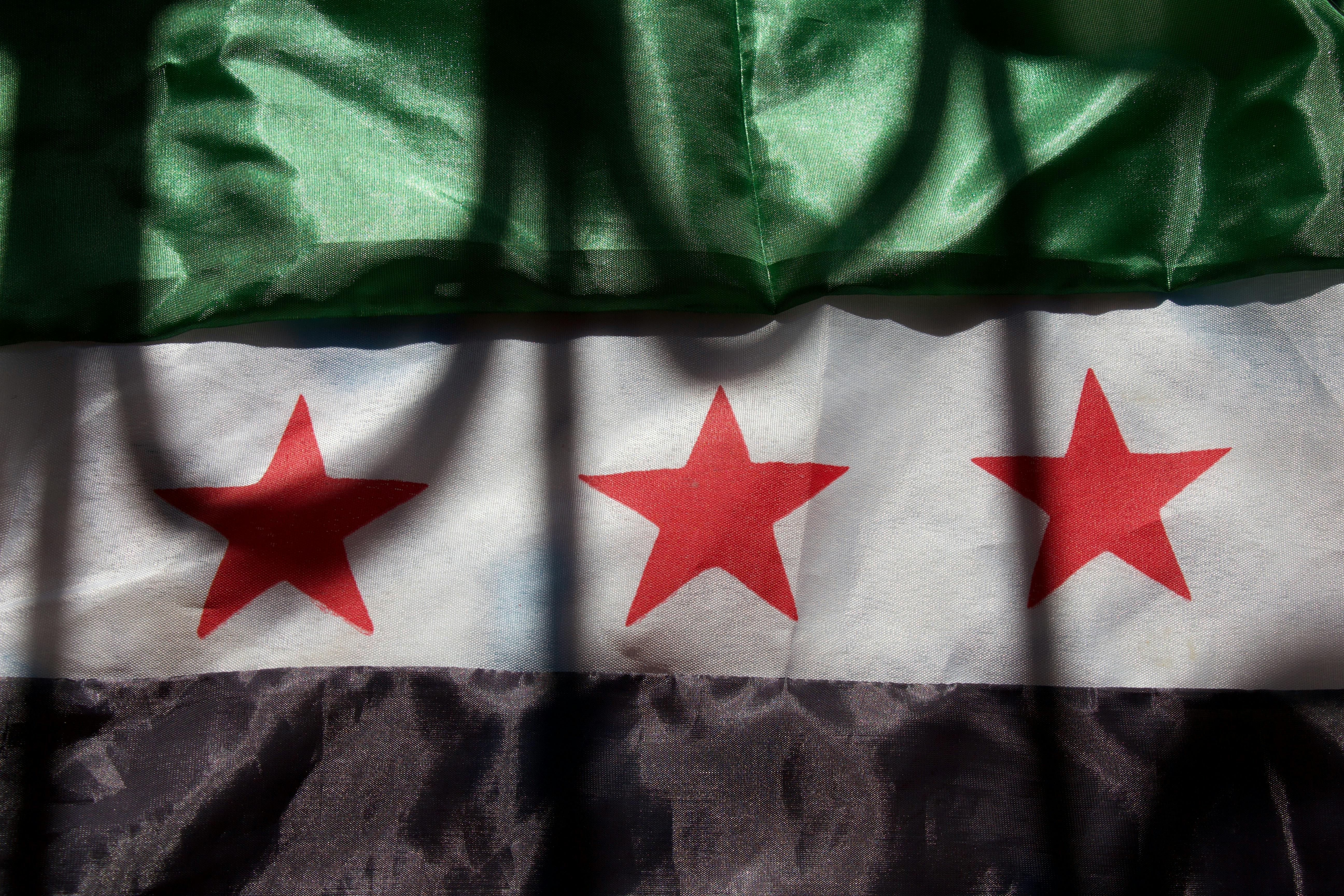
403
Sorry!!
Error! We're sorry, but the page you were looking for doesn't exist.
Israel-Syria Peace Negotiations Falter Over Aid Route
(MENAFN) Last-minute friction has disrupted sensitive peace negotiations between Israel and Syria, with Israeli demands for a secure aid route through Syrian territory emerging as the critical point of contention, according to multiple Reuters sources.
The proposed "humanitarian corridor" into Syria's Sweida province—an area ravaged by recent conflict—was flatly rejected by Damascus, which viewed the request as an unacceptable infringement on national sovereignty, Reuters reported Friday.
Israeli forces entered southern Syria following the collapse of Bashar al-Assad's government in December. Officials from both Syria and the United States told Reuters that Israel's insistence on the aid route ultimately caused the talks to falter.
Earlier Friday, Israeli Prime Minister Benjamin Netanyahu confirmed the commencement of direct engagement between the two nations.
"Israel’s victories over the Iranian terror axis have opened up possibilities of peace that were unthinkable two years ago. Take Syria, today we have begun serious negotiations with the new Syrian government," Netanyahu stated.
Negotiators from Damascus and West Jerusalem had reportedly reached near-consensus on the framework of a de-escalation pact after extensive diplomacy led by the United States. On Tuesday, US Special Envoy for Syria Tom Barrack indicated that an agreement was imminent, saying they were close to finalizing a “de-escalation” deal.
Under the draft terms, Israel would halt military operations, while Syria would refrain from placing heavy weaponry near the Israeli frontier. A proposed demilitarized zone was to encompass Sweida province, where hundreds of Druze civilians have recently been killed.
The stalled dialogue coincides with Syrian interim President Ahmed al-Sharaa’s visit to New York for the United Nations General Assembly—his first major international appearance since his forces removed Assad from power. Speaking to reporters, Sharaa emphasized a desire for calm: “We are scared of Israel, not the other way around,” he said, adding that Damascus was not “creating problems for Israel.”
However, Sharaa tamped down speculation about broader diplomatic recognition of Israel, suggesting that such a step remained unlikely in the near term.
West Jerusalem, home to roughly 120,000 Druze citizens—many of whom serve in the Israeli military—has repeatedly declared its commitment to safeguarding Druze populations across the border. The Israeli military has conducted operations in Syria under the stated aim of protecting Druze communities.
Despite high hopes fostered by months of negotiations, Friday's developments cast serious doubt on whether the two nations can overcome their remaining differences to finalize a ceasefire framework.
The proposed "humanitarian corridor" into Syria's Sweida province—an area ravaged by recent conflict—was flatly rejected by Damascus, which viewed the request as an unacceptable infringement on national sovereignty, Reuters reported Friday.
Israeli forces entered southern Syria following the collapse of Bashar al-Assad's government in December. Officials from both Syria and the United States told Reuters that Israel's insistence on the aid route ultimately caused the talks to falter.
Earlier Friday, Israeli Prime Minister Benjamin Netanyahu confirmed the commencement of direct engagement between the two nations.
"Israel’s victories over the Iranian terror axis have opened up possibilities of peace that were unthinkable two years ago. Take Syria, today we have begun serious negotiations with the new Syrian government," Netanyahu stated.
Negotiators from Damascus and West Jerusalem had reportedly reached near-consensus on the framework of a de-escalation pact after extensive diplomacy led by the United States. On Tuesday, US Special Envoy for Syria Tom Barrack indicated that an agreement was imminent, saying they were close to finalizing a “de-escalation” deal.
Under the draft terms, Israel would halt military operations, while Syria would refrain from placing heavy weaponry near the Israeli frontier. A proposed demilitarized zone was to encompass Sweida province, where hundreds of Druze civilians have recently been killed.
The stalled dialogue coincides with Syrian interim President Ahmed al-Sharaa’s visit to New York for the United Nations General Assembly—his first major international appearance since his forces removed Assad from power. Speaking to reporters, Sharaa emphasized a desire for calm: “We are scared of Israel, not the other way around,” he said, adding that Damascus was not “creating problems for Israel.”
However, Sharaa tamped down speculation about broader diplomatic recognition of Israel, suggesting that such a step remained unlikely in the near term.
West Jerusalem, home to roughly 120,000 Druze citizens—many of whom serve in the Israeli military—has repeatedly declared its commitment to safeguarding Druze populations across the border. The Israeli military has conducted operations in Syria under the stated aim of protecting Druze communities.
Despite high hopes fostered by months of negotiations, Friday's developments cast serious doubt on whether the two nations can overcome their remaining differences to finalize a ceasefire framework.

Legal Disclaimer:
MENAFN provides the
information “as is” without warranty of any kind. We do not accept
any responsibility or liability for the accuracy, content, images,
videos, licenses, completeness, legality, or reliability of the information
contained in this article. If you have any complaints or copyright
issues related to this article, kindly contact the provider above.
Most popular stories
Market Research
- Thinkmarkets Adds Synthetic Indices To Its Product Offering
- Ethereum Startup Agoralend Opens Fresh Fundraise After Oversubscribed $300,000 Round.
- KOR Closes Series B Funding To Accelerate Global Growth
- Wise Wolves Corporation Launches Unified Brand To Power The Next Era Of Cross-Border Finance
- Lombard And Story Partner To Revolutionize Creator Economy Via Bitcoin-Backed Infrastructure
- FBS AI Assistant Helps Traders Skip Market Noise And Focus On Strategy




















Comments
No comment